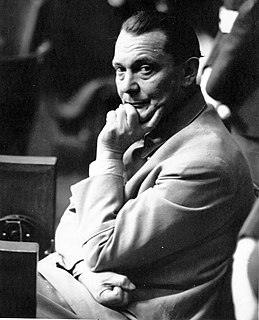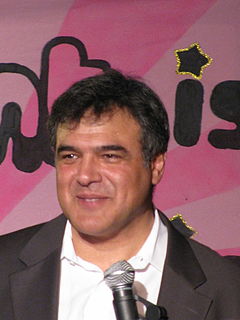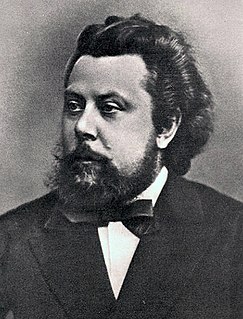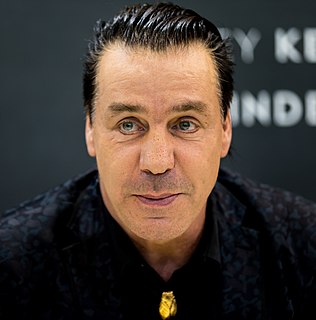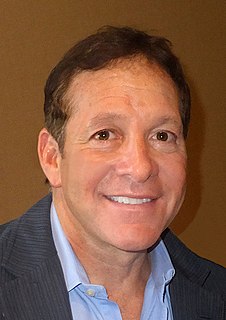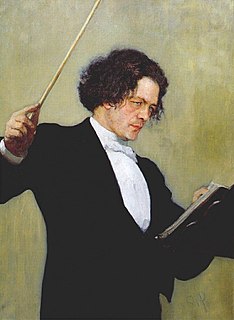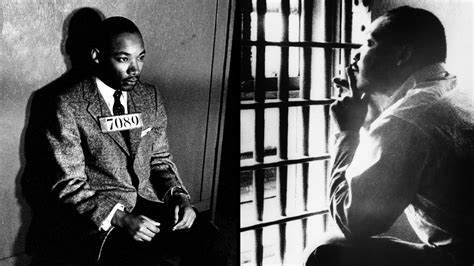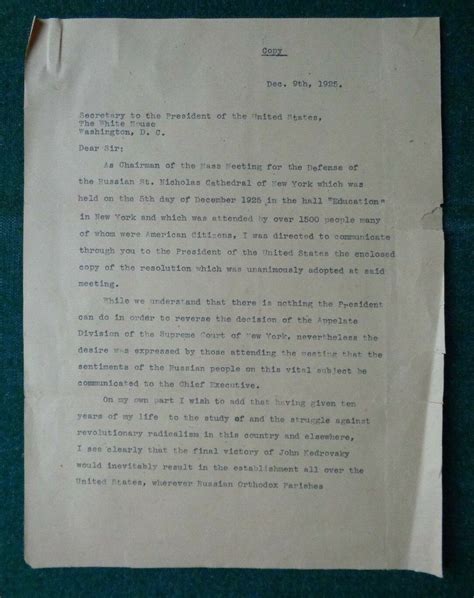A Quote by Markus Zusak
It was Russia, January 5, 1943, and just another icy day. Out among the city and snow, there were dead Russians and Germans everywhere. Those who remained were firing into the blank pages in front of them. Three languages interwove. The Russian, the bullets, the German.
Related Quotes
25 million of Russian people suddenly turned out to be outside the borders of the Russian Federation. They used to live in one state; the Soviet Union has traditionally been called Russia, the Soviet Russia, and it was the great Russia. Then the Soviet Union suddenly fell apart, in fact, overnight, and it turned out that in the former Soviet Union republics there were 25 million Russians. They used to live in one country and suddenly found themselves abroad. Can you imagine how many problems came out?
You can't just blurt the information out to the Russian foreign minister and the Russian ambassador. What happens is, the information goes back to the CIA, to the originating office. The CIA will pull the relevant information out of the report, put it on a new blank sheet of paper and then type at the top, "Secret releasable to Russia." That way, nobody gets in trouble, no sources and methods are revealed, everybody's happy, and we can establish something of a liaison relationship to the Russians. That's not what the president did.
I work in Hebrew. Hebrew is deeply inspired by other languages. Not now, for the last three thousand years, Hebrew has been penetrated and fertilized by ancient Semitic languages - by Aramaic, by Greek, by Latin, by Arabic, by Yiddish, by Latino, by German, by Russian, by English, I could go on and on. It's very much like English. The English language took in many many fertilizations, many many genes, from other languages, from foreign languages - Latin, French, Nordic languages, German, Scandinavian languages. Every language has influences and is an influence.
And another thing about German symphonic development. I tell you, our cold kvass soup is a horror to the Germans, and yet we eat it with pleasure. And their cold cherry soup is a horror to us, and yet it sends a German into ecstacy. In short, symphonic development is just like German philosophy and soup-all worked out and systematized. When a German thinks, he reasons his way to a conclusion. Our Russian brother, on the other hand, starts with a conclusion and then might amuse himself with some reasoning.
I understand why Vladimir Putin is very popular in Russia - he's probably the first Russian leader to not apologize for being Russian. People always pin it down to one man, but there's hundreds of millions of Russians of various sorts. Putin does seem to be very popular in Russia, if only because he stands up for Russians wherever they are, which is exactly what Americans do with Americans, of course.
Any kind of writing that's meaningful becomes hard work, so there were times when it would really flow, there were times when I'd get 10 pages a day, and then there were days when I would do three pages. Depends on the thickness of the material. If it's satisfying, it's hard, but it's pretty wonderful.
January. It was all things. And it was one thing, like a solid door. Its cold sealed the city in a gray capsule. January was moments, and January was a year. January rained the moments down, and froze them in her memory: [...]Every human action seemed to yield a magic. January was a two-faced month, jangling like jester's bells, crackling like snow crust, pure as any beginning, grim as an old man, mysteriously familiar yet unknown, like a word one can almost but not quite define.
By sending Lenin to Russia our (German) Government had, moreover, assumed a great responsibility. From a miliaty point of view his journey was justified, for Russia had to be laid low. But our Government should have seen to it that we also were not involved in her fall. The events in Russia gave me no cause for complete satisfaction. They considerably eased the military situation, but elements of the greatest danger still remained.


